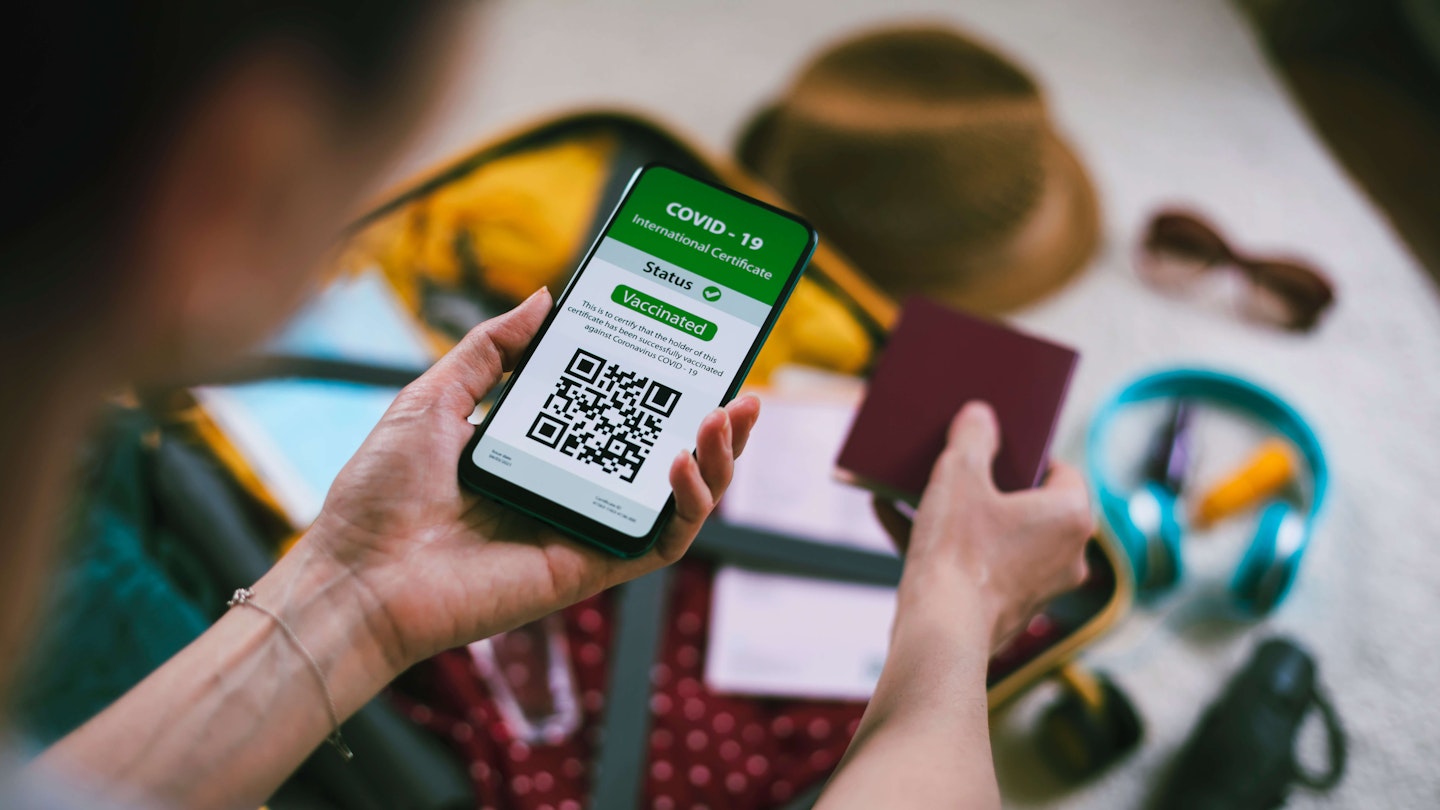Understanding Vaccine Passports for International Travel
As travel resumes in many places around the world, one major facilitator of this return is “vaccine passports.” The term means different things in various regions; however, it typically refers to physical or electronic documentation that allows individuals who have been vaccinated against COVID-19 to prove their inoculation for travel purposes.
What is a Vaccine Passport?
Vaccine passports, also known as digital health certificates, are usually displayed either as a QR code on a mobile phone (via a dedicated app or a PDF saved in file storage or email) or as a paper printout that includes the same QR code. In the context of travel, these are already widely utilized in Europe and Asia, in contrast to the US system where the vaccine record is a simple piece of paper with vaccine information.
Generally, vaccine passports are standardized and interoperable primarily within the European Union (EU) and associated European Economic Area countries (like Switzerland, Iceland, and Norway), allowing, for example, a French individual to show their QR code across borders in Germany, Switzerland, or Spain as if they were at home.
This standard, the European Union Digital COVID Certificate, is positioned to become a global norm, with several non-EU countries, such as Israel, Morocco, and Panama, designing their national systems to be compatible with it. Recently, the airline trade association IATA has also endorsed this framework.
When is a Vaccine Passport Required?
There are two main scenarios where you’ll need to present a vaccine passport: first, at the border of a country that mandates proof of vaccination, and second, within a country to participate in specific activities or events such as dining in restaurants, visiting museums, or entering nightclubs or concert venues.
This distinction between the passport for border entry and for activities is crucial. In some circumstances, countries accept a broader range of vaccine proof at borders than for local activities. For instance, many countries may allow a US vaccination card for entry but not for dining in a restaurant.
For border entry, it’s essential to conduct thorough research into each country’s specific entry requirements. For example, if you’re a US traveler approaching France, it’s advisable to consult the US embassy in France’s site, as well as the US State Department’s travel advice pages and the French foreign ministry’s advice.
Acquiring a Vaccine Passport for Travel
In some cases, there can be a process to convert international COVID-19 vaccination certificates into a local equivalent, allowing you to present it for activities such as visiting bars, restaurants, or museums. This process will depend on where you were vaccinated and the destination country (or even region), so be prepared to conduct thorough research for the most up-to-date information. English-language news sources like The Local across Europe or The Connexion in France can be particularly useful.

In Germany, travelers may need to visit a local pharmacy to convert their international vaccination proof into a German certificate. This process can often be completed at airport pharmacies, so it’s advisable to inquire ahead via the airport’s contact number or social media. In France, there is an online system that has replaced the pharmacy option. In Ireland, travelers must contact the government service center.
However, some countries may not offer their digital vaccine passport apps in certain international app stores. For instance, on iOS devices with US-based accounts, France’s TousAntiCovid app may be available, but Germany’s Corona-Warn-App might not.
It is feasible, though, to import a German certificate into the French app. Additionally, saving a digital copy or two of the physical certificate may provide a convenient backup.
For more on COVID-19 and travel, consider visiting reputable health informational websites, which often provide valuable insights on health and safety while traveling.




